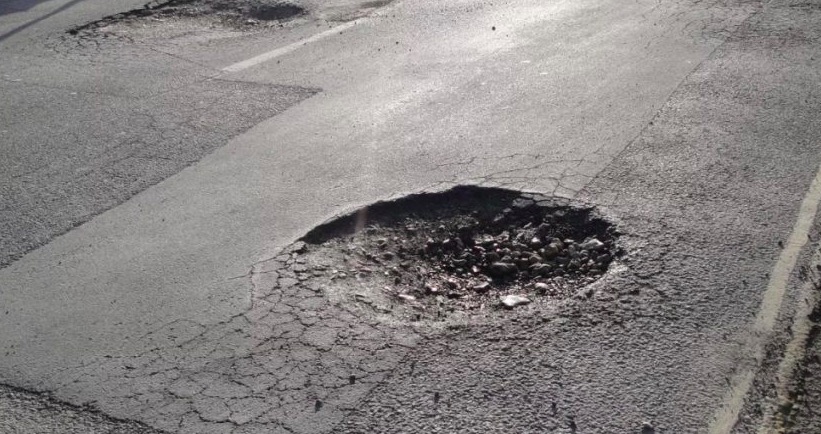Welsh councils face near £1 billion road repair backlog, report finds

The state of local roads in Wales continues to decline, with councils warning of mounting repair backlogs and insufficient funding to maintain key routes, according to the latest ALARM survey.
The report, published today by the Asphalt Industry Alliance (AIA), reveals that Welsh councils face a growing challenge in keeping roads safe and serviceable.
While the average maintenance budget per Welsh local authority has risen slightly to £8.5 million this year, it remains lower than the £9 million reported two years ago.
The backlog of required repairs across the country now stands at £953.7 million, with councils estimating it would take 13 years to clear—longer than in England or London.
A total of 99,836 potholes were filled in Wales over the past year, yet road conditions continue to deteriorate.
The average frequency of resurfacing on Welsh roads is now once every 108 years, well beyond recommended levels.
The AIA highlighted the wider impact of underinvestment in road maintenance, noting that more than £20 billion has been spent on carriageway repairs in England and Wales over the last decade—filling one pothole every 18 seconds—but this has led to “no quantifiable uplift in the condition and resilience of the network.”
A spokesperson for the AIA said: “We all depend on our local road network, but you only have to step outside your front door to see the patchwork of repairs and potholes that pose a risk, particularly to vulnerable road users.”
The RAC also weighed in on the findings, with head of policy Simon Williams calling the results “a bleak picture of the state of the nation’s roads.”
“The lack of investment in our roads is a false economy as it just leads to bigger repair costs in future—something local authorities can ill-afford,” he said.
“In the meantime, all road users continue to pay the price with uncomfortable journeys, avoidable breakdowns and repair bills that they only incur because potholes are so bad.”
Safety charity IAM RoadSmart Policy and Standards Director Nicholas Lyes warned that temporary pothole fixes are not a sustainable solution.
“The AIA’s report lays bare the inadequate repairs happening on our local roads, where despite spending billions on filling potholes, the backlog costs are increasing,” he said.
“Potholes are an expensive headache for drivers, but for those on two wheels, they pose a serious road safety hazard. Moreover, if drivers are swerving to avoid them, they are risking a collision.”
He added: “While filling a pothole provides temporary respite and a brief improvement in the safety of the road surface, it is essentially a sticking plaster because the section will crumble away under the weight of traffic and from the effects of a cold winter. We need to start properly resurfacing our roads to ensure we’re not throwing good money at bad but most importantly to ensure smooth and safe journeys.”
New funding for repairs
In response to growing concerns about road conditions, the Welsh Government recently announced a new funding initiative aimed at tackling potholes and road maintenance.
As part of its final budget for 2025-26, local councils will soon be able to access up to £120 million to repair roads over the next two years.
The new local government borrowing initiative will provide an extra £10 million in revenue funding to help councils unlock additional capital for resurfacing and road repairs.
The scheme, designed in partnership with the Welsh Local Government Association (WLGA), is expected to open for applications by the end of this financial year.
The WLGA welcomed the funding but warned that it may not be enough to reverse the long-term decline.
“Highway maintenance is a statutory duty, but councils are being forced to prioritise urgent patch-ups over long-term resurfacing. Without a shift in investment, roads will continue to decline,” a spokesperson said.
With more than half of Wales’ roads now classified as having less than 15 years of structural life remaining, calls for a long-term funding commitment are growing.
Many councils argue that the five-year funding model used for major highways should be extended to local roads to allow for more effective planning and cost efficiency.
Simon Williams added: “We’re committed to working closely with the road maintenance sector, including the AIA, to get the message to government that councils need to have certainty of resources to look after one of their most valuable assets—the roads millions of us use every day.”
Spotted something? Got a story? Send a Facebook Message | A direct message on Twitter | Email: [email protected] Latest News








